Detail from the Dome of Il Gesù, showing the Holy Trinity, Pierre Mignard, 1665
The scriptural support for Christ's identity as the only-begotten Son of God comes from the Book of Psalms, in which we read, "You are my son, today I have begotten you" (2:7). Scripture and the Nicene Creed do not refer to Christ as the only-begotten Son because He was created by God. In fact, it was precisely this false idea, put forth by the heretic Arius, which the Creed was composed to denounce.
When seeking to understand the person of Christ it is important to remember that He is not a human person, but rather a divine person with both a human and a divine nature. As the Church has always taught, Jesus is at once truly God and truly man. While His sacred humanity, formed in the womb of the Virgin Mary, had a definite beginning in history, His divinity did not. Therefore, when we speak of Him being "begotten" by the Father, we are not speaking of begetting in a natural sense, but in an eternal sense, outside of time.
"Begotten" in this case would not be synonymous with "made," but with "proceeding." This terminology signifies the progression by which the divine persons of the Trinity would be revealed to mankind: the Father in the Old Testament, the Son in the New, and the Holy Spirit in the era of the Church.
Learn more about Christ the only-begotten Son in the Catechism of the Catholic Church.

